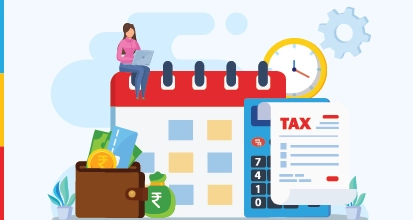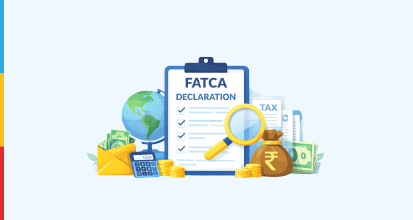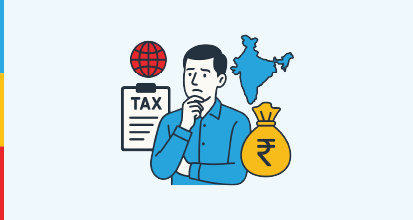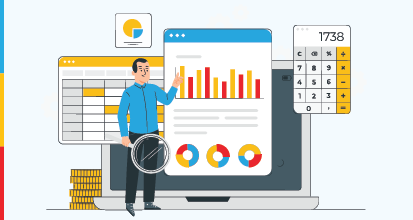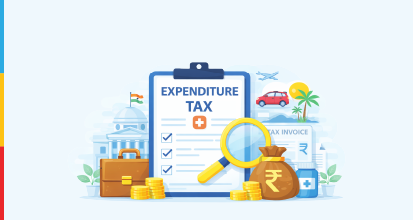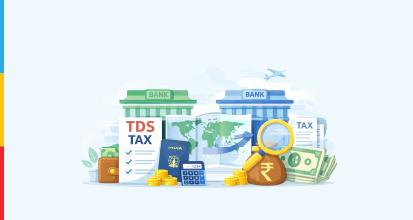- Tax Slab: An income range that determines the tax rate an individual or entity must pay to the government.
- Tax Liability: The total tax amount a person or entity is legally required to pay based on income and deductions
- Fixed Deposits (FDs): FDs are popular investment instruments offered by banks or financial institutions. Under this option, a fixed sum of money is deposited for a specified period, typically earning a predetermined interest rate.
- Advance Tax: Income tax paid in instalments during the year in which income is earned, instead of paying it all at once.
Written by : Knowledge Centre Team
2026-01-20
2513 Views
9 minutes read
Share








